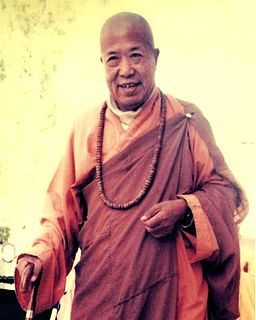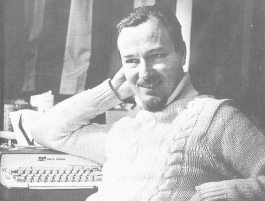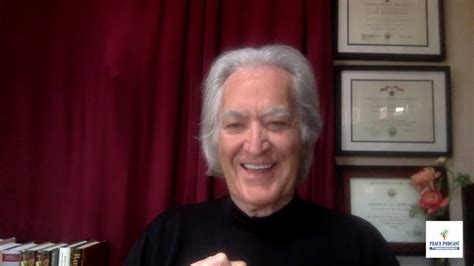A Quote by Boethius
In other living creatures the ignorance of themselves is nature, but in men it is a vice.
Quote Topics
Related Quotes
Knowledge has two extremes. The first is the pure natural ignorance in which all men find themselves at birth. The other extreme is that reached by great minds, who, having run through all that men can know, find they know nothing, and come back again to that same natural ignorance from which they set out; this is a learned ignorance which is conscious of itself.
It is self-evident that no number of men, by conspiring, and calling themselves a government, can acquire any rights whatever over other men, or other men's property, which they had not before, as individuals. And whenever any number of men, calling themselves a government, do anything to another man, or to his property, which they had no right to do as individuals, they thereby declare themselves trespassers, robbers, or murderers, according to the nature of their acts.
Humans, like all other creatures, must make a difference; otherwise, they cannot live. But unlike other creatures, humans must make a choice as to the kind and scale of difference they make. If they choose to make too small a difference, they diminish their humanity. If they choose to make too great a difference, they diminish nature, and narrow their subsequent choices; ultimately, they diminish or destroy themselves. Nature, then, is not only our source but also our limit and measure.
As regards this vice, we read that the peacock is more guilty of it than any other animal. For it is always contemplating the beauty of its tail, which it spreads in the form of a wheel, and by its cries attracts to itself the gaze of the creatures that surround it. And this is the last vice to be conquered.
If women were by nature what they make themselves by art; if they were to lose suddenly all the freshness of their complexion, and their faces to become as fiery and as leaden as they make them with the red and the paint they besmear themselves with, they would consider themselves the most wretched creatures on earth.
On the whole, men are more good than bad; that, however, isn't the real point. But they are more or less ignorant, and it is this that we call vice or virtue; the most incorrigible vice being that of an ignorance that fancies it knows everything and therefore claims for itself the right to kill. The soul of the murderer is blind; and there can be no true goodness nor true love without the utmost clear-sightedness.







































